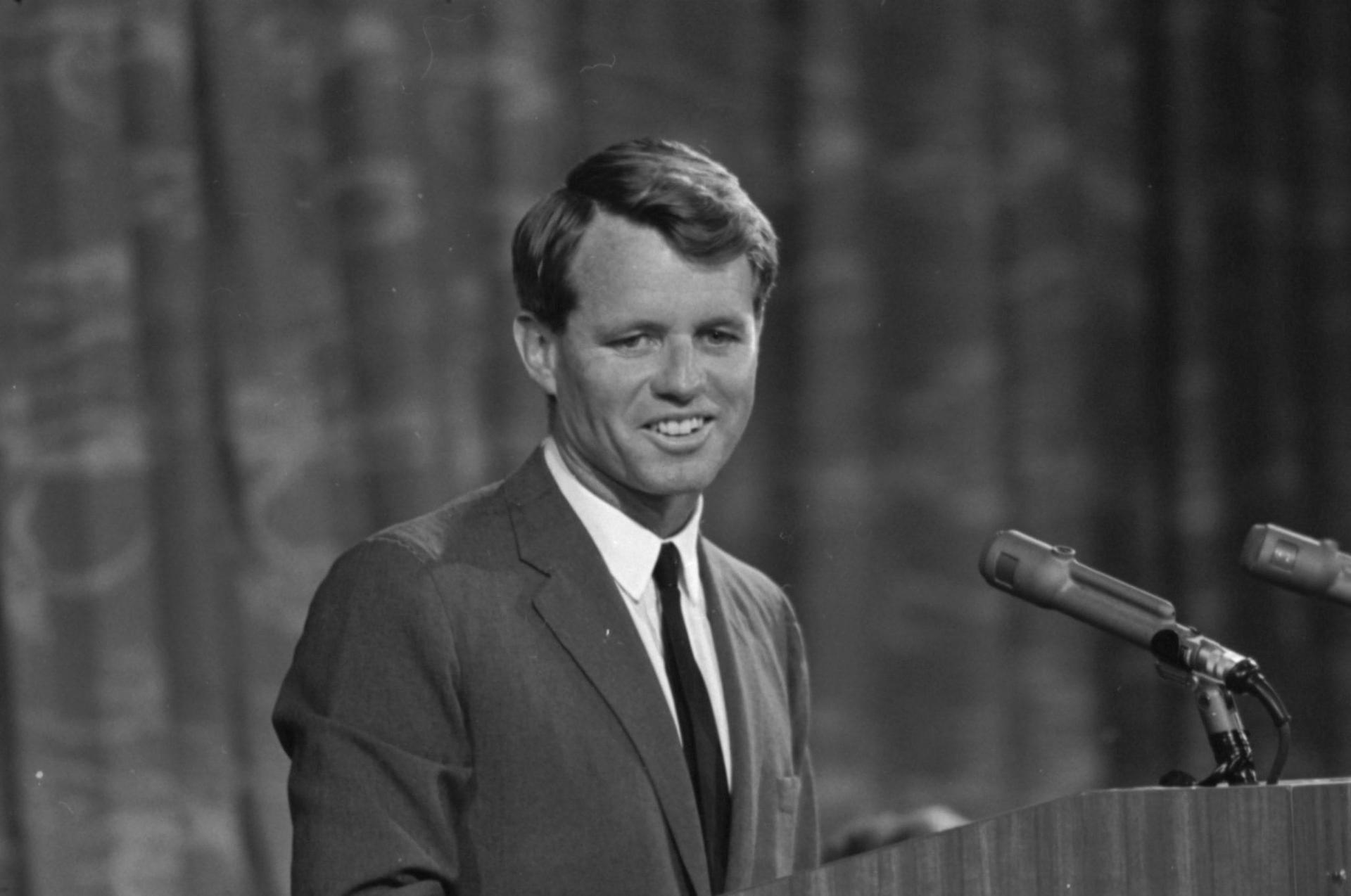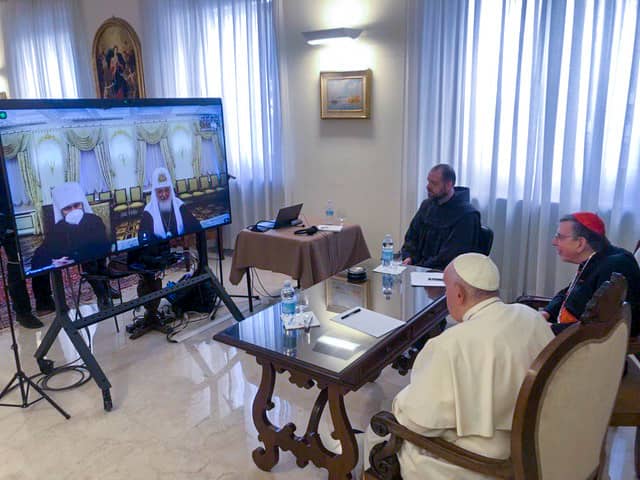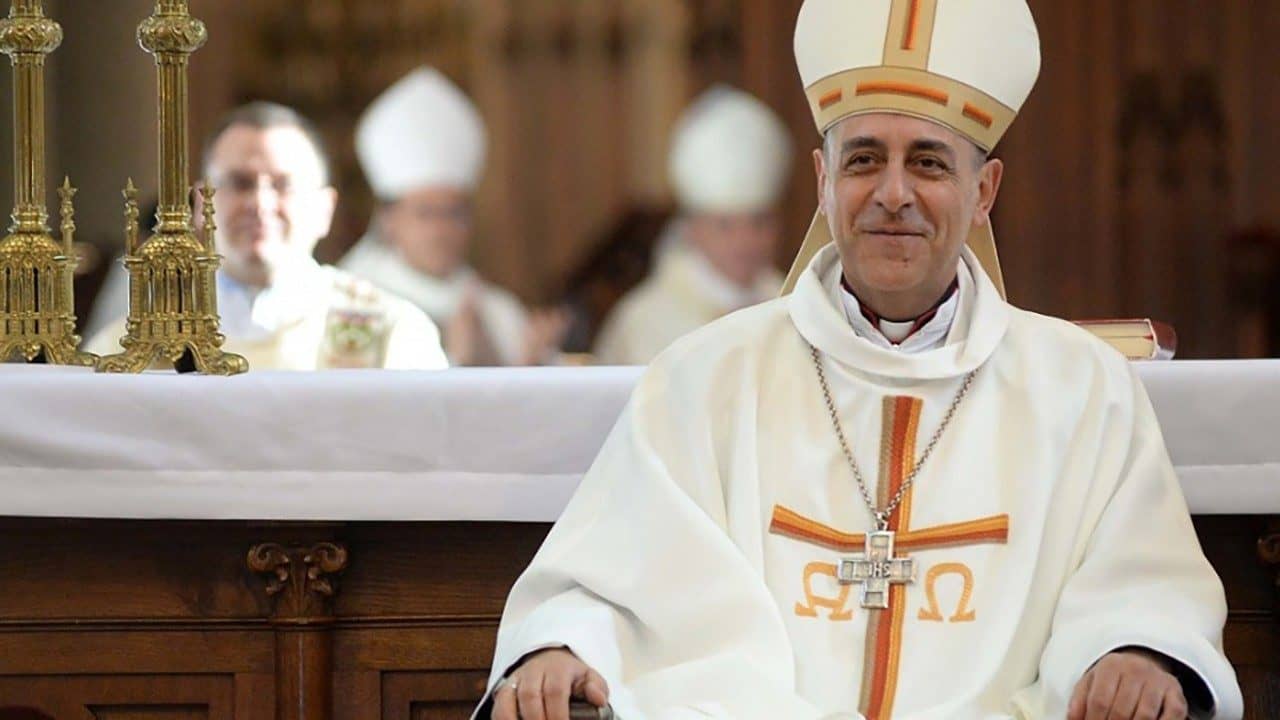ROME – I attended a small Catholic high school out on the high plains of Western Kansas in the early 1980s, and somewhere along the line I discovered Robert F. Kennedy. By that, I obviously mean not the man, but rather the mythic icon of unrealized greatness he had become.
As I delved into the RFK mystique, I found several aspects of the story resonated.
To begin, there was RFK’s fanatical loyalty to the people he loved. Even the fact he had a reputation for being utterly ruthless about it appealed to me, because it seemed to reflect great depth of feeling. (I admired his legendary work ethic too, always having been a bit of a workaholic myself.)
In addition, there was the profound spiritual streak that ran through RFK’s life and thought, that sense of always being somehow “haunted” by God, that I suppose was beginning to bubble in me too, however far less sophisticated it may have been.
(In a fascinating footnote, the young RFK took his Catholicism so seriously during his Harvard days that he ended up setting a series of events in motion that helped lead to the 1953 excommunication of Father Leonard Feeney over his controversial strict line on extra ecclesiam nulla salus, or “outside the Church there is no salvation.”)
In terms of political policy, the heart of RFK’s presidential campaign was his opposition to the Vietnam war and his passion for civil rights and race relations in America, both of which inspired and still do.
I even discovered RFK’s love of the classics and was impressed. To this day, I can still recite a line from Aeschylus that I tripped over reading a biography of RFK and how he coped with the death of his brother: “Even in our sleep, pain which cannot forget falls drop by drop upon the heart, until, in our own despair, against our will, comes wisdom to us through the awful grace of God.”
(In the hyper-emotional cauldron of adolescence, let’s just say that line saw me through a fair bit of perceived loss.)
Most basically, the thing that appealed about RFK was the sense of unrealized potential that has always surrounded him, the idea that there’s a torch waiting for someone to pick up, thereby shining a light on the contrast between America’s promise and its reality.
Though it’s long since lost to the sands of time, I once had an old clipping from the student newspaper at Fort Hays State University showing me in my cubbyhole in the student government office under a massive poster of an RFK mini-series on TV with the dramatic title of, “Who knows what might have been?”
Like most people, over time I came to understand that RFK was a more complicated figure than myths ever allow for, that he too had his flaws – from his ambivalent role as assistant counsel to the Senate committee headed by Joseph McCarthy to his murky relationship with Hoover, and both the Cold War brinksmanship of the U.S. relationship with Cuba in the early 1960s and the Manichean zealotry he displayed in his quest to bring down Jimmy Hoffa.
There’s also the historical line of thought which holds that had RFK not launched his star-crossed 1968 dash for the Democratic nomination after LBJ withdrew, a more united party might have been able to overcome Richard Nixon, and America would have been spared the long national nightmare of Watergate.
(In fact, it’s not even clear Kennedy could have led the Democrats to victory had he lived and won the nomination, since there’s a fair bit of polling to suggest that the more voters actually heard RFK, the more inclined a good number were to see him as an opportunistic demagogue. We shouldn’t forget that during that California primary, Kennedy actually, and disingenuously, accused Eugene McCarthy of wanting to forcibly relocate 10,000 black people to the conservative stronghold of Orange County.)
Moreover, some Catholics have now come to associate the Kennedy legacy with a strong separation between faith and public life which, in their eyes, is responsible for producing legions of “in name only” Catholic politicians in America, not to mention transforming the Democratic party in an ever more secular direction.
Most basically, I suppose it’s hard for many now not to look at RFK through the lens of decades of subsequent experience, shrug our shoulders, and say, “For all I know, he would have let us down too.”
Yet, watching the RFK tributes and documentaries that have sprung up around the 50th anniversary of his assassination this week, a good deal of that old idealism came back, and I found myself wondering why, after all this time, it still packs a punch.
Basically, it comes down to this: RFK reminds me of a time when, however naively, I thought politics was about big ideas and moral purpose, about being willing to sacrifice everything you have and everything you are for something greater. Those famous words of Ted Kennedy at his brother’s funeral still stir: RFK, he famously said, was “a good and decent man, who saw wrong and tried to right it, saw suffering and tried to heal it, saw war and tried to stop it.”
Looking around at what politics has become today, the inevitable conclusion is that whatever it is, it’s generally not that – and, for all our well-earned jaundice, I suppose it says something healthy that we still can’t help dreaming of things that maybe never really were, and asking, “Why not?”















